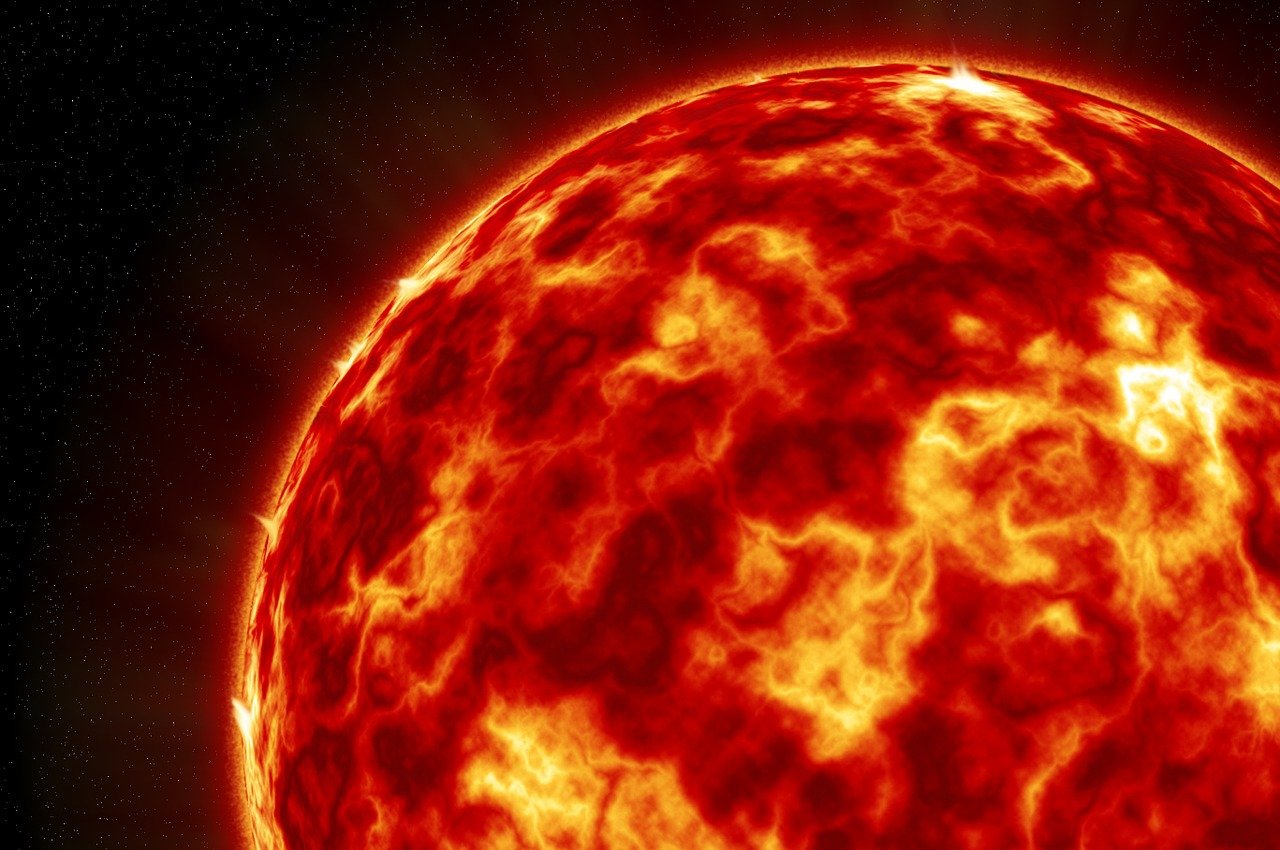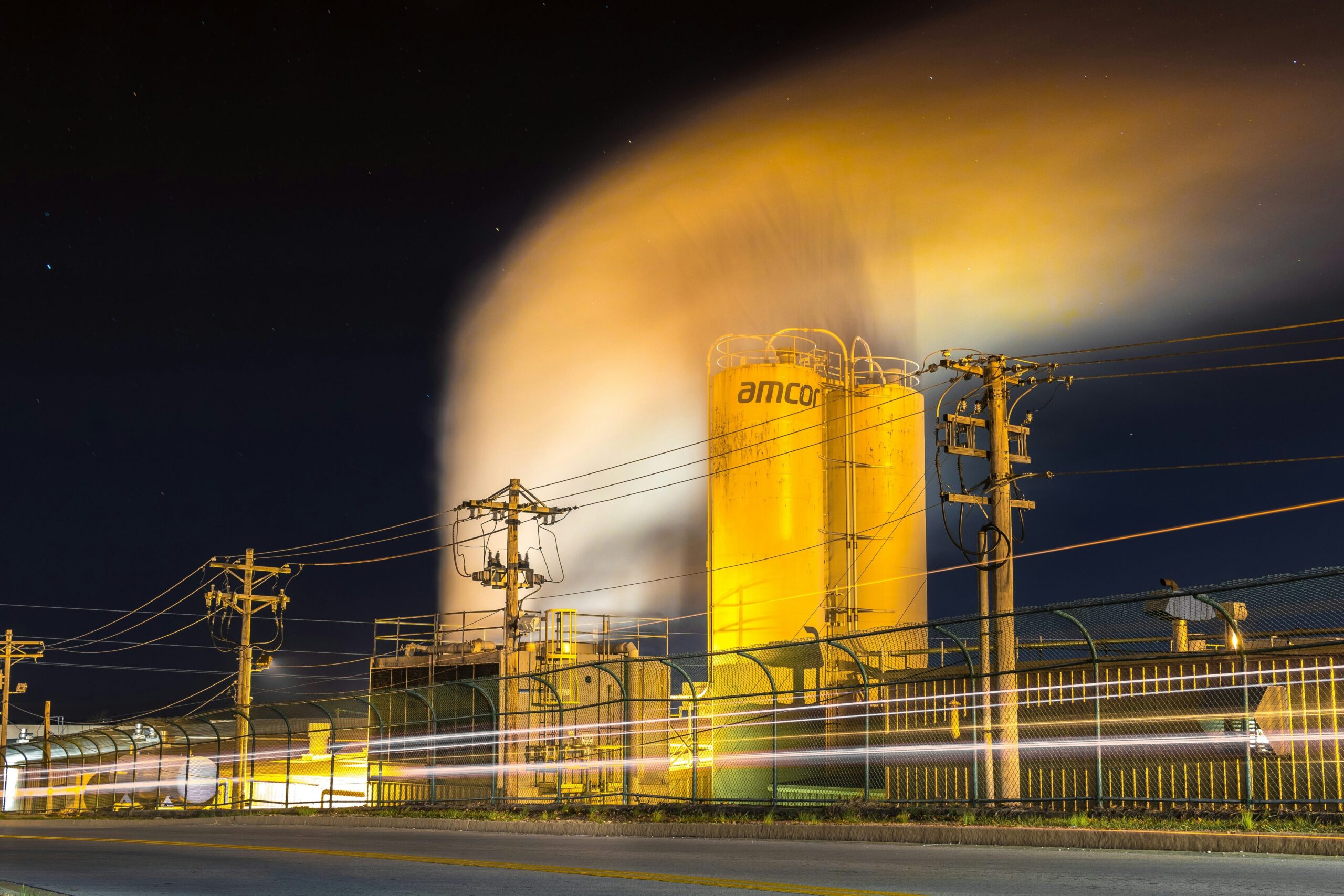April 13, 2023by Priya Singh, Content Writer6 Minute Read
India is a country that is no stranger to heat waves. Even cities like Bangalore, which are known for their pleasant weather, are facing high temperatures. With temperatures often soaring above 40°C during summer months, India has been facing the effects of climate change for several years now. This rise in temperatures not only leads to declining health conditions but also leads to a high AQI and air pollution. Let’s talk about the side effects of heat waves and rising air pollution in India and what we can do to protect ourselves. This double blow of a heatwave and El Nino is set to hit the country on many fronts including the agriculture sector, human health, and more.
What is the El Nino phenomenon and what are its effects?
The phenomenon occurs when the sea surface temperatures in the equatorial Pacific Ocean rise. It is a phenomenon that normally occurs every 3 to 5 years. From its occurrences in the past, it is observed that it has impacted the agriculture sector in India. This phenomenon leads to below-normal rainfalls that have not only affected the agriculture sector in the past but have also led to drought-like situations.
Recent Research and Reports:
In recent years, the number of heatwave events in India has increased significantly. According to a report by the Indian Meteorological Department, the number of heatwave days in India has increased by 25% in the last 50 years. The report also stated that heat waves are likely to become more frequent and severe in the coming years.
The rising temperatures have also led to an increase in air pollution. During heatwaves, the air becomes stagnant, trapping pollutants close to the ground. This can lead to an increase in the concentration of pollutants in the air, which can be harmful to human health. According to a study by the Centre for Science and Environment, air pollution is responsible for over 2 million premature deaths in India annually.
The increasing heat waves and air pollution have become major concerns for public health. A study published in The Lancet Planetary Health journal found that air pollution is the second biggest killer in India after high blood pressure. The study also found that air pollution is responsible for more deaths in India than smoking.
The impact of air pollution on human health is not just limited to respiratory illnesses. Air pollution can also lead to heart disease, stroke, and cancer. The rising temperatures during heat waves exacerbate these health risks, making it even more important to take measures to protect ourselves.
How the rising temperature is indicative of rising air pollution?
Heat and air pollution is a deadly combination. It can also lead to an increase in the death rate on polluted hot days as compared to regular polluted days. Let’s find out how heat and air pollution are the worst combinations for human health.
- Heat exacerbates air pollution: When the temperature rises, the air becomes stagnant and the pollutants that are usually dispersed by wind become trapped. This means that the concentration of pollutants in the air increases, making it more dangerous to breathe.
- Pollution worsens the effects of heat: Air pollution can also make the effects of heat waves worse. For example, smog can trap heat in the atmosphere, creating a loop that causes temperatures to rise even further.
- Respiratory problems: When air pollution and heat waves combine, the risk of respiratory problems increases. This is because the hot and polluted air can irritate the lungs, causing asthma attacks, bronchitis, and other respiratory issues.
- Cardiovascular problems: Heatwaves and air pollution can also lead to cardiovascular problems, as the heart has to work harder to pump blood through the body in hot and polluted conditions. This can increase the risk of heart attacks, strokes, and other cardiovascular events.
- Dehydration: Heatwaves can cause dehydration, which can be made worse by the presence of air pollution. When the air is polluted, the body has to work harder to breathe, which can lead to an increased loss of fluids through sweating.
- Heat-related illness: When the body is unable to cool itself down, it can lead to heat exhaustion, heat stroke, and other heat-related illnesses. Air pollution can make these conditions worse by increasing the strain on the body.
- High risk for vulnerable populations: The combination of air pollution and heat waves is particularly dangerous for vulnerable populations, such as the elderly, children, and those with pre-existing health conditions. These groups are more susceptible to the negative effects of heat and pollution, which can lead to serious health complications or even death.
How you can protect yourself from this deadly combination?
After learning about how air pollution and heat waves can be fatal for human health when combined, let’s look at what steps we can take to prevent the harmful consequences of air pollution and rising temperatures:
- Stay indoors during the hottest part of the day– Avoid going outside between 12 pm and 3 pm. If you do need to go outside, wear light-colored, loose-fitting clothing, and a hat to protect yourself from the sun.
- Drink plenty of water– Stay hydrated by drinking plenty of water, even if you don’t feel thirsty. Avoid alcohol and caffeine, which can dehydrate you.
- Use air conditioning or fans– Use air conditioning or fans to keep your home cool. If you don’t have access to air conditioning, take a cool shower or bath to lower your body temperature.
- Avoid strenuous activity– Avoid doing a strenuous activity during the hottest part of the day. If you must exercise, do it in the early morning or late evening when it is cooler.
- Keep your home/workspace clean– Keep your home and workspace clean to reduce indoor air pollution. Use natural cleaning products instead of harsh chemicals, air purifiers, and open windows to improve ventilation.
- Plant trees and use green spaces– Plant trees and use green spaces to reduce air pollution and cool down your surroundings. Trees provide shade and absorb pollutants from the air, making them an effective way to improve air quality.
To sum it up, the problem of rising temperature does not only mean we’re going to sweat more, or we won’t be experiencing pleasant weather for a while, the concern is much larger than visible. The range of consequences are being experienced in terms of human health, degrading environment, rising AQI, leading air pollution, and all this is contributing to larger damage directly to our planet. Current environmental conditions emphasize action more than ever.
References:
https://indianexpress.com/article/opinion/columns/climate-scientist-india-heatwave-8475036
https://phys.org/news/2023-03-india-climate-scientist.html
https://www.weforum.org/agenda/2022/08/heat-waves-air-pollution-deadly-health-risk-climate-change




